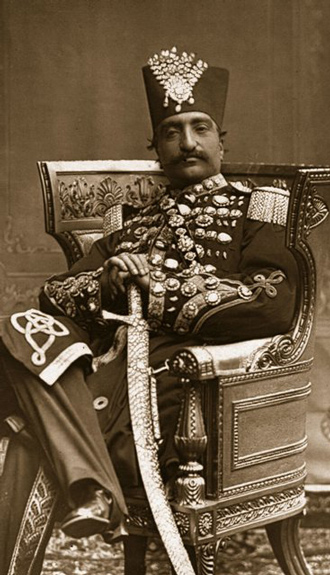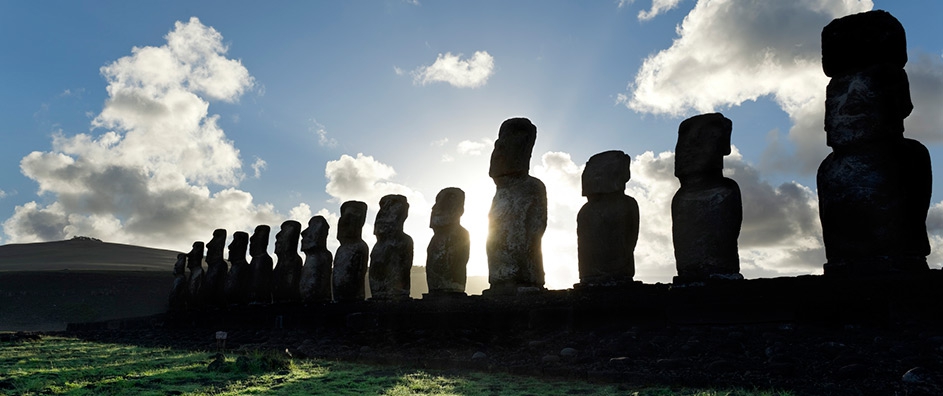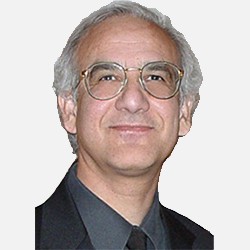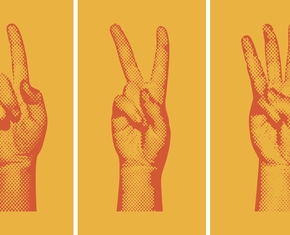The views expressed in our content reflect individual perspectives and do not represent the authoritative views of the Baha'i Faith.
In order to understand the substantive content of The Secret of Divine Civilization, we should explicate four different layers of discourse in Abdu’l-Baha’s fascinating work.
In the book, these four levels are not formally distinguished from each other because of complex interrelations among them. However, the reader should distinguish them because they are integral to the entire text. These four layers of discourse are independent from the four objections against modernity which Abdu’l-Baha evaluates. The four levels are the key for understanding Abdu’l-Baha’s concept of modernity and development. They deal with different debates and questions. Looking at these different debates one can see the emergence of a progressive movement towards abstraction, generalization, and globalization. It becomes evident that while The Secret is related to specific questions of development in the second half of 19th century, its message is far more general and universal.
The first layer of discourse is directly related to the specific political and cultural developments in the decade of the 1870s. The year 1875, when Abdu’l-Baha wrote The Secret, was the midpoint in the most important decade of political and social reform attempts in 19th century Iran. During this decade, a battle raged between two opposite forces in terms of the future direction of Iran’s social, economic, and political structures.

Nasir-i-din-shah
The advocates of reform were led by Husayn Khan, who called for a centralized legal and bureaucratic state. The opponents of reform defended the semi-feudal patrimonial privileges of big landlords, mostly Qajar princes and conservative religious leaders. The king of Iran, Nasiri’d-Din Shah, was ambivalent between the two opposing groups. Abdu’l-Baha’s The Secret addressed this crucial political development in that decade. In this sense, one can define the first level of discourse in terms of the debate between two theories: patrimonial traditionalism and bureaucratic rationalism.
The second question addressed by Abdu’l-Baha’s work relates to the prevalent debate between secular intellectuals and traditionalist conservative ulama, the Muslim clergy. The fundamental question here was concerned with the relation of Islam to society, and the relation of religion to modernity and development. For secular intellectuals, the development of Iran required a rejection of Islam, and adoption of a rationalistic, atheistic outlook. For conservative ulama, on the other hand, rejection of modernity and a return to original Islam represented the only solution to Iran’s problems.
The third debate, and one of the most important ones, related to the definition and nature of the concept of social development. Here we deal with a dilemma faced by almost all parts of the world in our own time as well. The two sides of this debate can be called traditionalist/historicist and rationalist/objectivist theories of development. The question: whether it is possible to define development in an objective and universal manner.
Advocates of traditionalist historicism maintained that development is a culturally specific phenomenon and that it should be only defined through each society’s internal customs and traditions. For rationalist objectivists, on the other hand, development implies a universal and objective definition which can be equally applied to all societies.
Finally, the fourth level of discourse in Abdu’l-Baha’s The Secret is oriented to a question which was not seriously debated in 19th century Iran or in any other part of the world. Abdu’l-Baha’s analysis is here a pioneering one, and its relevance is becoming increasingly more visible for humanity in the 21st century. The question: how does development relate to the forces of nationalism and internationalism? Does true development require the emergence of a just and globally-oriented international context, or are the nationalistic institutions and politics of exclusion, domination, and rivalry adequate for the authentic development of humanity?
In 1875 the exclusive supremacy of the nationalistic model of development formed the underlying premise of all development debates. However, Abdu’l-Baha rejected that premise and considered questions such as world peace and international cooperation as imperatives for the advancement and development of all humanity in the foreseeable future:
True civilization will unfurl its banner in the midmost heart of the world whenever a certain number of its distinguished and high-minded sovereigns—the shining exemplars of devotion and determination—shall, for the good and happiness of all mankind, arise, with firm resolve and clear vision, to establish the Cause of Universal Peace. They must make the Cause of Peace the object of general consultation, and seek by every means in their power to establish a Union of the nations of the world. – Abdu’l-Baha, The Secret of Divine Civilization, p. 64.
Without a doubt, this approach to the pressing questions of modernism—advocating a union of the nations of the world—was, and still is today, a revolutionary idea.
















Comments
Sign in or create an account
Continue with Googleor